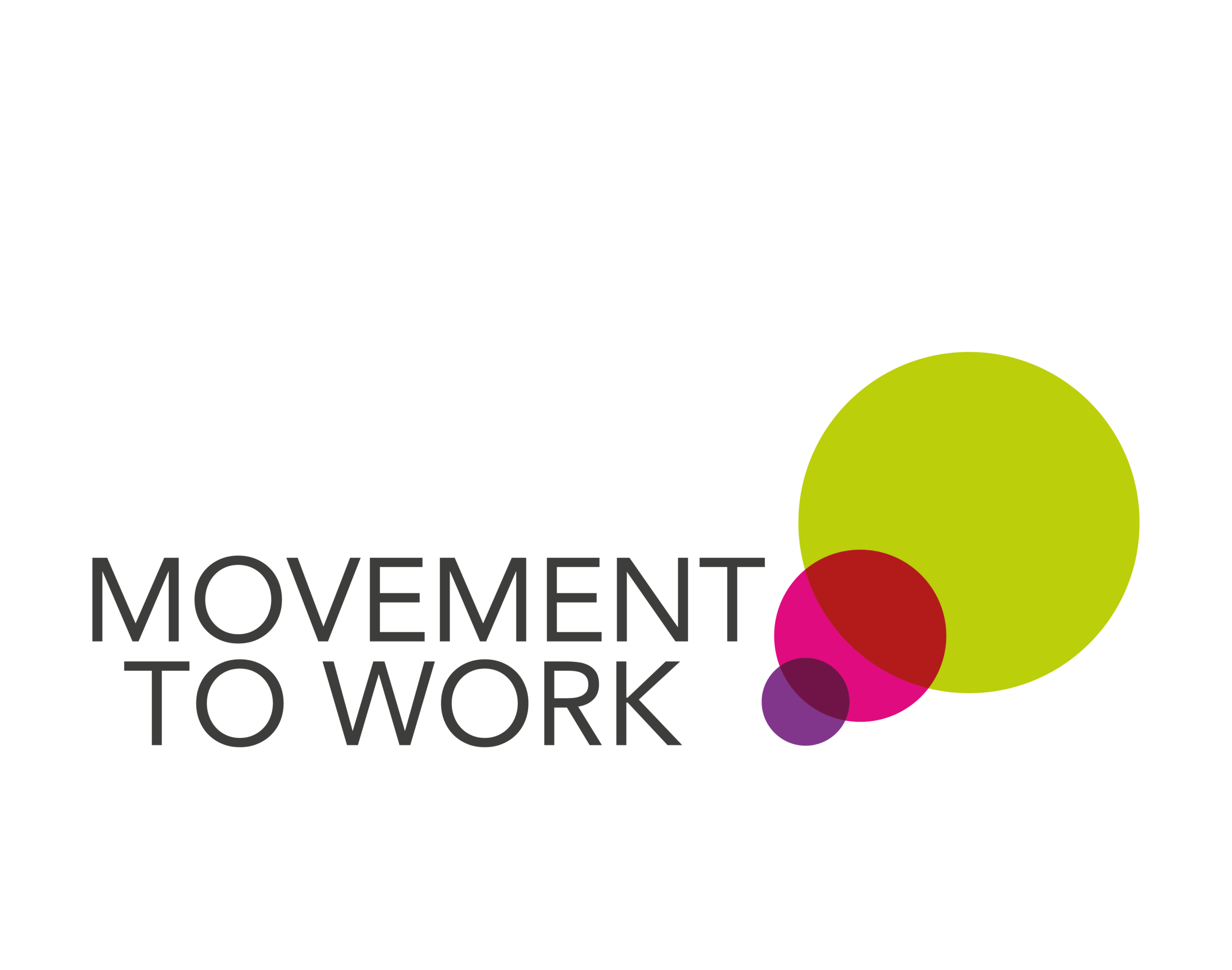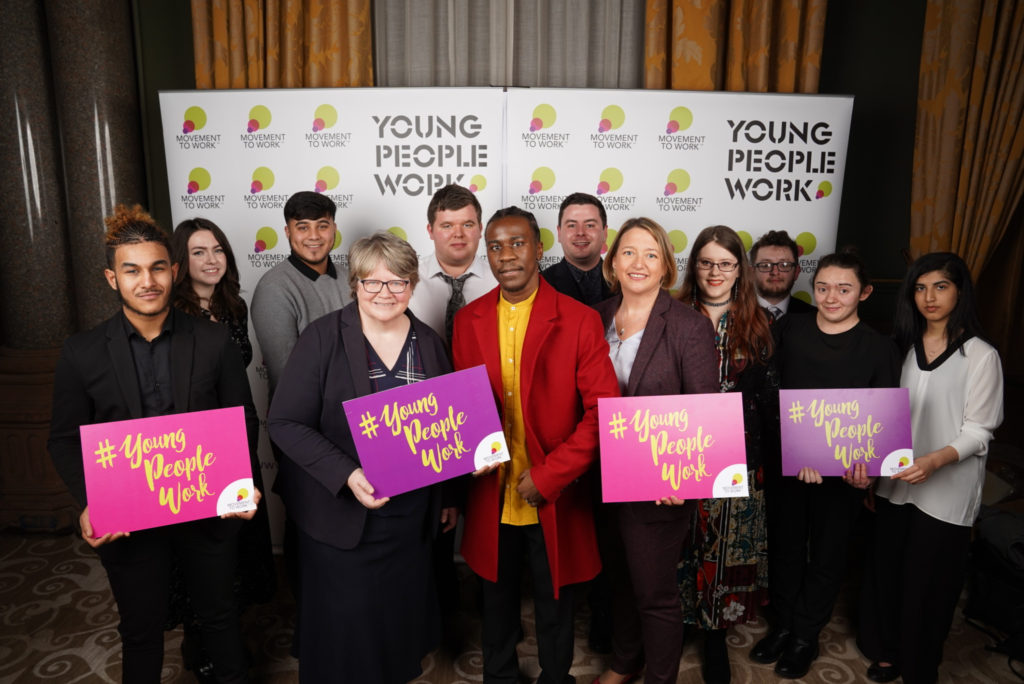Working through and with business, here at Movement to Work we focus on creating quality work experience opportunities to support young people to break the cycle of ‘no experience, no job’. Each time a new budget is announced we look at it through a business lens – searching for any policy or budget shifts that will encourage businesses to do more.
Yesterday’s budget announcements to extend the furlough scheme until September and the £20 uplift of universal credit will, at least in the short-term, support unemployed young people whilst looking for a job or exploring re-entering education.
With predictions of peak unemployment in September and an economy that will have shrunk by 10%, at Movement to Work we see this as a moment where youth employment schemes need to be brought together as a cohesive policy to ensure impactful delivery.
- Timelines need to be changed to account for ‘time lost’ in lockdown
We are supporting business to create Kickstart, Apprenticeship and Traineeship programmes alongside T-level and Sector-based work academies (to mention but a few). However, the reality is that each time we have had to enter a national Lockdown, the start date for so many of these programmes has had to be pushed back by multiple months. Businesses need to be able to support their own employees safely back into the workplace before opening up youth employment programmes. The knock-on effect is that some businesses will only be able to offer one as opposed to two cohorts of Kickstart unless the current deadline of December 2021 is moved.
- We need to act boldly – now – before it is too late
According to the Office for Budget Responsibility (OBR), recovery could happen 6 months earlier than expected and I am optimistic about how some sectors are already starting to plan for the reopening up of their face to face youth employability programmes. However, if we really want to grow back stronger and ensure those young people from disadvantaged backgrounds are not driven further from the labour market – we need to act now.
Many of our partners, particularly in the hospitality and retail sectors, have a long way to go to get back to feeling strong again post-pandemic. Whereas when the Chancellor last delivered a budget youth unemployment was at a historic low, it is now skyrocketing.
- Put our young people front and centre of new industry and green innovation
As local and national government start to plan to deliver on freeports and new economic green growth across the country, we call for all involved to embed youth employment into their plans ensuring that skills development and diversity of opportunity are core to successful delivery.
- We all have a responsibility to be a part of the solution
The media talks about the risk of the lost generation – if we act now, boldly, this needn’t be the fate of our young people. We can do something about it. As leaders, we have a responsibility to be part of the solution and not the problem. How do we challenge our organisations to recruit for potential and to remember to support the young people who faced barriers to the labour market even before COVID-19? Namely, the hardest hit, those who struggled pre-COVID and now struggle so much more. The moral case for change has never been greater.
- We need to look for potential and be prepared to develop it
I challenge businesses to seek these young people out to make them their next hires. We need to take that extra step of considering character and attitude over perfectly written C.V.s. We need to look for potential and be prepared to develop it. As a movement, we will help you build impactful programmes and continue to develop evidence and insight into what works.
Diversity and Inclusion, in-work-poverty, youth crime – these issues are not new. They are the reason the Movement was founded in 2013. COVID-19 has forced many of us to take a long hard look at what really matters. Let’s not use COVID-19 as the excuse to do less, but the wake up call we all needed to do more.
We are beginning to see the impact Kickstart can have as a wage subsidy and as a lifeline for intermediate labour markets, but before the next budget young people deserve more than an extension of existing programmes.
- Let’s think longer term
So our response to the budget is it’s a stopgap, whereas we desperately need to think longer-term and more sustainably about how to enable young people to thrive. We need to connect the dots and see how programmes like Kickstart, Apprenticeships, Traineeships all connect together and how to make them more appealing and easier to navigate for businesses. Both business and young people need an opportunity to work with the government to co-create a new employability landscape that coherently brings these offers together. Movement to Work will continue to work to facilitate this type of collaborative effort in 2021.
Sam Olsen is CEO of Movement to Work






